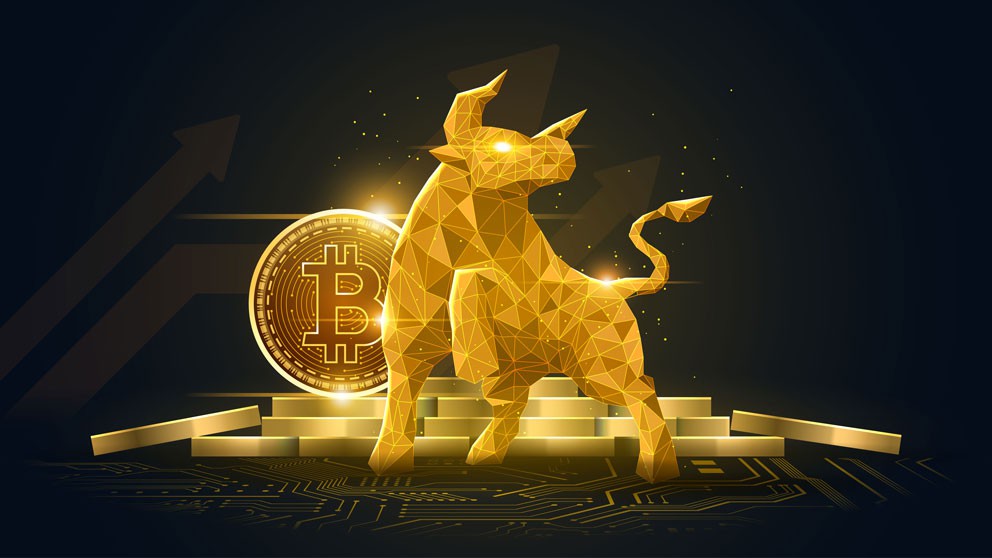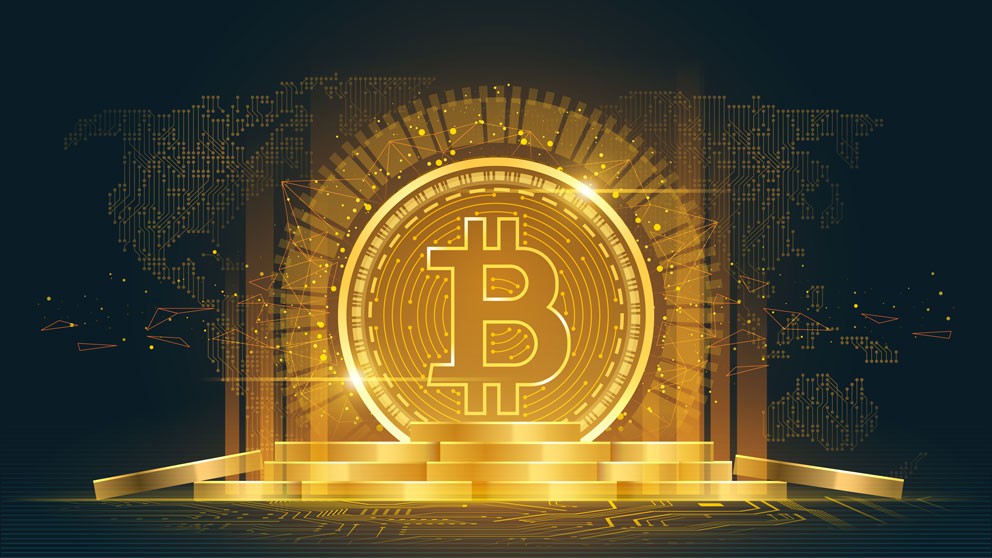
Bitcoin
Bitcoin is the world’s first decentralized digital currency, created in 2009 by an anonymous figure known as Satoshi Nakamoto. It runs on a peer-to-peer network without the need for banks or central authorities. Transactions are recorded on a public ledger called the blockchain, secured by cryptography and a global network of miners. What makes Bitcoin unique is its limited supply—only 21 million coins will ever exist—making it often compared to “digital gold.” It is used as both a form of payment and a long-term store of value. In recent years, Bitcoin has gained recognition from institutional investors, governments, and traditional finance as a potential hedge against inflation and economic uncertainty.

Crypto
Cryptocurrency is a form of digital or virtual money that uses cryptography to secure transactions and operate independently of central banks. Unlike traditional currencies, most cryptocurrencies run on blockchain technology, a decentralized and transparent ledger maintained by a global network of computers. Crypto offers borderless, fast, and secure payments, while also powering innovations like DeFi (decentralized finance), NFTs (non-fungible tokens), and Web3 applications. With thousands of digital assets in circulation—from Bitcoin and Ethereum to emerging tokens—the crypto space is reshaping finance, investing, and technology worldwide.

Blockchain
Blockchain is a decentralized digital ledger that records transactions across a network of computers in a secure, transparent, and tamper-resistant way. Instead of relying on a single central authority, blockchain distributes data across many participants, making it nearly impossible to alter past records without consensus. Each “block” contains a set of verified transactions, and once linked together in chronological order, they form a permanent “chain.” This technology powers cryptocurrencies like Bitcoin and Ethereum, but its applications go far beyond digital money—enabling innovations in supply chain tracking, smart contracts, digital identity, and decentralized applications (dApps).
